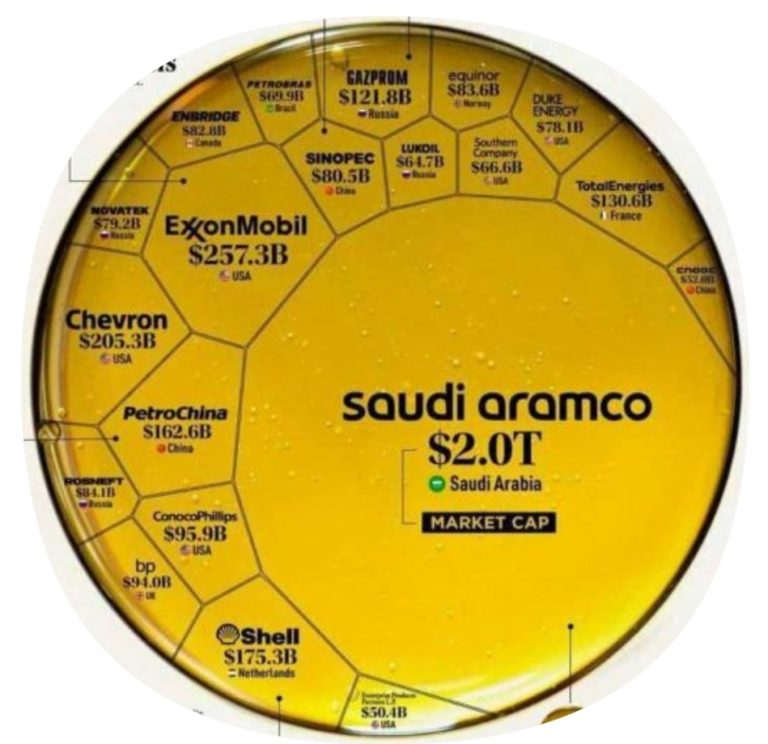Tsvetana Paraskova
The semi-autonomous region of Kurdistan in Iraq could see its oil production and exports halved within five years, further depleting the already drained coffers of the Kurdistan Regional Government (KRG).
The investment climate in Kurdistan is currently not conducive to major oil industry investments – despite Kurdistan officials’ claims to the contrary – amid a bitter dispute between the KRG and the federal government of Iraq over who has the right to control the oil resources and revenues in the semi-autonomous region. A Kurdish official has described the dispute as the worst fallout between Baghdad and Erbil in nearly 20 years.
Oil exports account for over 80% of the KRG budget, and without revenues from oil, the region faces even more hardships, on top of the limited budget allocations from the federal government in Iraq, which itself is a caretaker cabinet as politicians have been unable to form a regular government for nearly a year after the October 2021 general election.
Without new investment in oil, Kurdistan risks losing half of its current oil production by 2027, according to government documents seen by Reuters.
Kurdistan’s crude oil production and exports have declined in recent years, with output down to around 434,000 barrels per day (bpd) in the first quarter of 2022 from nearly 470,000 bpd in 2019, according to a Deloitte report commissioned by the KRG. Of the 434,000 bpd production in Q1 2022, more than 400,000 bpd went to exports via pipeline, Deloitte’s figures showed.
If investment does not return to Kurdistan’s oil sector, crude available for export could halve to 240,000 bpd by 2027, due to the depletion of old wells, according to the documents seen by Reuters.
But attracting investment to Kurdistan again is much easier said than done.
International companies operating in the region are being sued by the Iraqi oil ministry over their business dealings with the KRG, while Iraqi state-owned marketing company, SOMO, has just threatened lawsuits against international buyers of Kurdistan’s oil.
The threat of legal action is the latest step by Baghdad in the escalating dispute with the KRG over who should control Kurdistan’s oil.
In February, the Supreme Court of the Federal Government of Iraq ruled that sales of oil and gas by Kurdistan, independent of the central government in Baghdad, are unconstitutional and that the Kurdistan Regional Government must hand over all oil production to the Federal Government of Iraq. The court also ruled that the Ministry of Oil has the right to: “Follow up on the invalidity of oil contracts concluded by the Kurdistan Regional Government with foreign parties, countries and companies regarding oil exploration, extraction, export and sale.”
In June this year, Kurdistan rejected the ruling, claiming that “The actions of the Kurdistan Regional Government (KRG) in relation to oil and gas operations are in accordance with the Iraqi constitution of 2005.”
With SOMO threatening legal action against buyers of Kurdish oil last week, the dispute has escalated to a new level.
“It’s by far, the worst crisis between Baghdad and the Kurds since 2003,” a senior Kurdish official told the Financial Times last week. The dispute is “born out of bitter rivalries during the government formation process,” the official added.
On Friday, the KRG said it “strongly condemns the letter issued on 23 August 2022, by Iraq’s State Oil Marketing Organization (SOMO) that threatens legal action against buyers and traders of crude oil produced in the Kurdistan Region.”
“SOMO’s letter relies on a politically motivated opinion by a panel of lawyers pretending to be the “Federal Supreme Court of Iraq”,” Kurdistan said, adding that it doesn’t recognize the panel of judges as a Federal Supreme Court because such a court “has not yet been formed in accordance with the Federal Constitution.”
“This political assault on the Federal Constitution is motivated by a desire to return Iraq to the centralisation of unconstrained power from a horrific past era,” the KRG said, noting that it “remains fully committed to the process of mediation and dialogue to resolve outstanding differences with the Federal Government on the management of oil and gas in Iraq.”
In a signal to investors, the KRG said that “Oil produced in the Kurdistan Region continues to be produced, to be shipped, to be sold, to be refined, and to be consumed. Investment interest remains and production is expected to increase.”
Still, with so many uncertainties surrounding the federal government of Iraq and the dialogue with the KRG, Kurdistan is unlikely to be a preferred destination for investment from oil companies that have grown wary of legal disputes and increased risks associated with their investments.
By Tsvetana Paraskova for Oilprice.com
- پارسیان هند؛ پیونددهندگان میراث ایران(فارس) و مدرنیته یا همراهان استعمار؟ - 04/13/2025
- نامە ٨٠٠ نفر - 04/08/2025
- تاریخ نوروز و روایت سومری - 03/22/2025
